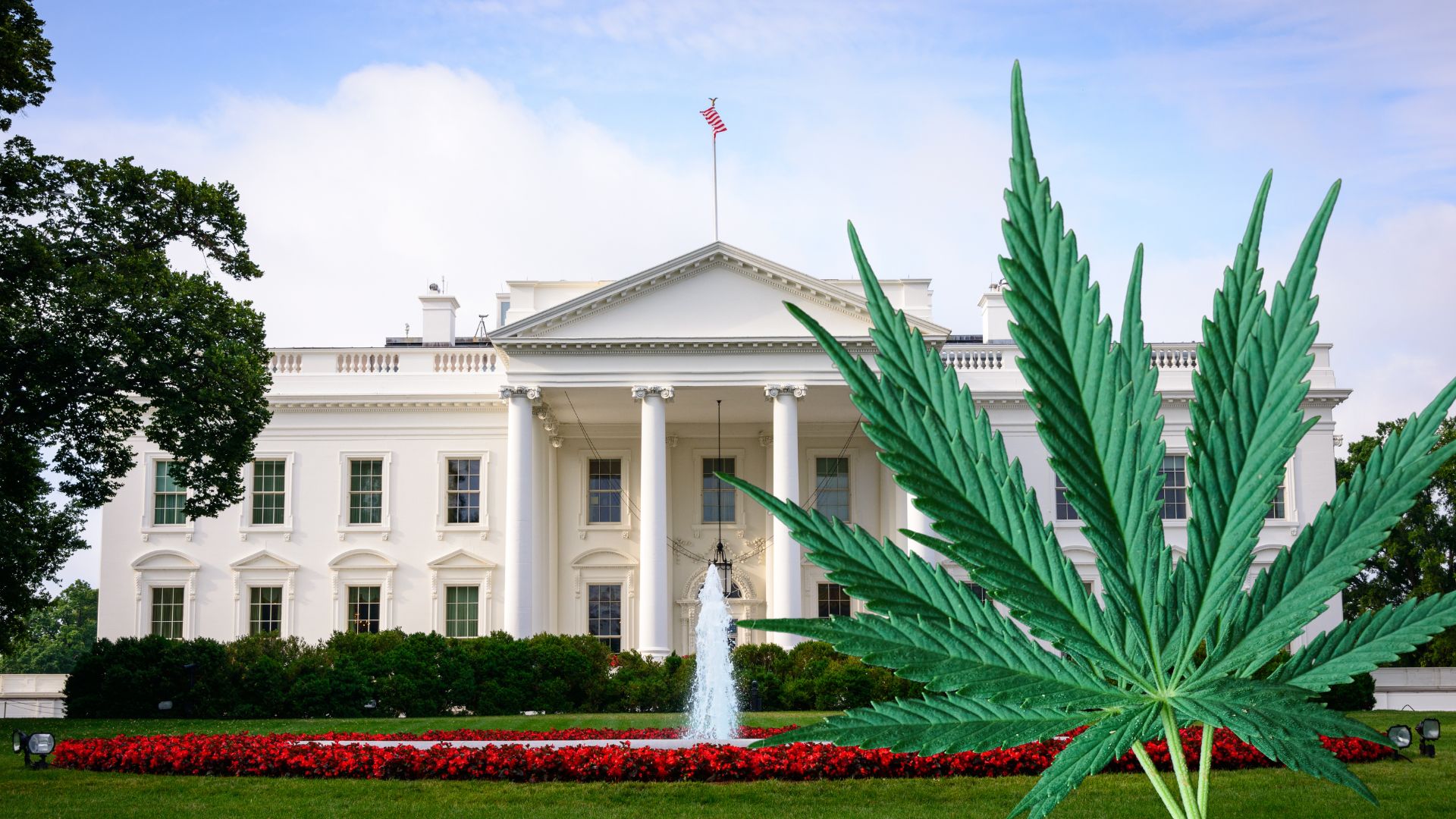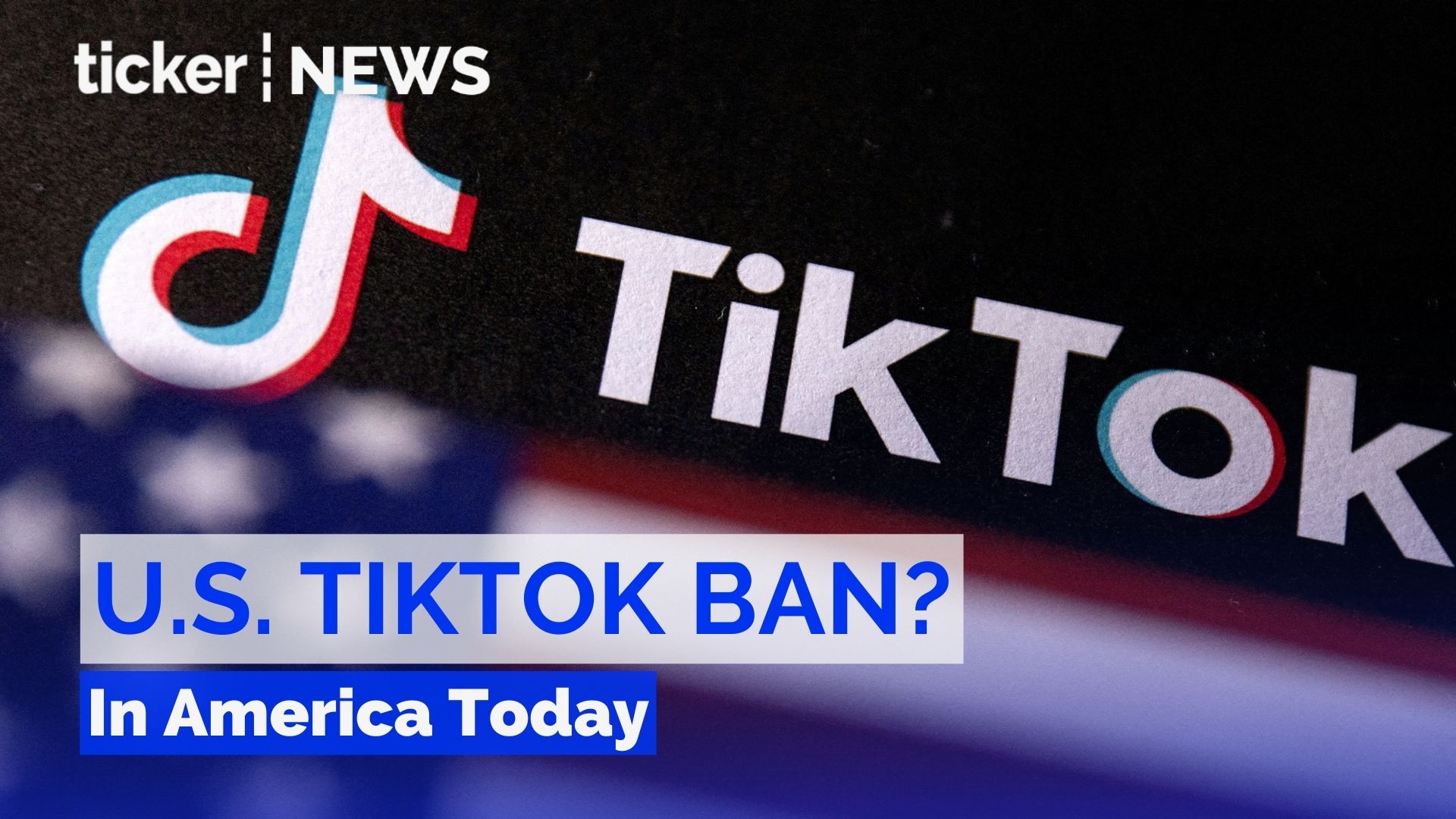The U.S. Department of Health and Human Services (HHS) has proposed a relaxation of restrictions on marijuana, marking a significant step following a review request from the Biden Administration last year.
As the trend toward legalisation gains momentum across nearly 40 U.S. states, the move could signal a pivotal shift in marijuana’s legal status both at state and federal levels.
While marijuana has been legalised for various forms of use in almost 40 U.S. states, it remains prohibited in certain states and under federal law.
The HHS’s recommendation to reclassify marijuana reflects a push to acknowledge its potential benefits while demoting its perceived risks, in alignment with a growing majority of Americans who support broader legalisation.
The HHS conveyed its scheduling recommendation to the Drug Enforcement Agency (DEA) on Tuesday, as per President Biden’s directive.
The DEA, tasked with enforcing drug-related laws, possesses the authority to schedule or reschedule drugs under the Controlled Substances Act.
Presently designated as a schedule I drug, on par with heroin and LSD, marijuana’s classification implies high potential for abuse and lacks accepted medical applications.
The HHS’s proposal, in contrast, suggests a reclassification of marijuana to acknowledge its moderate to low potential for dependence and reduced abuse likelihood, likening it to substances such as ketamine and testosterone.
Should federal regulations around marijuana become more lenient, it could open doors for cannabis-related businesses. Major stock exchanges might allow the listing of such enterprises, and international companies could potentially enter the U.S. market.
White House Press Secretary Karine Jean-Pierre emphasised that the administration’s process is rooted in evidence and led by independent bodies such as HHS and the Department of Justice.
North of the border, cannabis has gained legal status in Canada, creating a haven for publicly traded cannabis businesses. Many of these Canadian entities are poised to expand into the U.S. market if federal legalisation progresses.
News of the proposed shift triggered a surge in the stock prices of various cannabis companies. Notable firms like Canopy Growth, Tilray Brands, and Cronos Group experienced stock price increases, while entities such as Verano Holdings and Sunburn Cannabis expressed support for the HHS’s move.
George Archos, CEO of Verano Holdings, articulated the sentiment shared among advocates for marijuana reform, citing the outdated scheduling status of cannabis as a hindrance and emphasising the harm caused by the historical “War on Drugs.”
The HHS’s recommendation marks a notable development in the ongoing dialogue surrounding marijuana’s legal status in the United States, potentially setting the stage for a broader reconsideration of its classification and the resulting implications.



 Docos4 days ago
Docos4 days ago


 Shows4 days ago
Shows4 days ago


 News4 days ago
News4 days ago


 Money4 days ago
Money4 days ago


 News3 days ago
News3 days ago


 News4 days ago
News4 days ago


 News3 days ago
News3 days ago


 News3 days ago
News3 days ago








